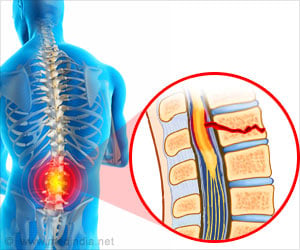Q: Which doctor treats Moebius syndrome?
A: Moebius syndrome is treated by a pediatrician along with the involvement of specialists from multiple disciplines that may include a speech therapist, neurologist, ophthalmologist, psychiatrist, geneticist, plastic surgeon, and an orthodontist
Q: Can Moebius syndrome be cured?
A: Moebius syndrome cannot be completely cured. However, the symptoms and complications can be controlled and treated with supportive measures.
Q: Does Moebius syndrome get worse as the child grows up?
A: No. Moebius syndrome is not a progressive disorder and therefore does not worsen as the child grows up. However, the patient could suffer from complications which require management; these include:
- Poor nutrition due to difficulty with swallowing
- Aspiration pneumonia due to aspiration of stomach contents into the lungs
- Corneal ulceration due to excessive exposure of the eye
- Middle ear infection due to facial deformities
Q: How do you prevent Moebius Syndrome?
A: Since most cases of Moebius syndrome do not have a family history, genetic counseling may not be of too much help. Avoidance of exposure to non-prescribed drugs, illicit drugs and toxins during pregnancy could help to reduce the incidence of Moebius syndrome and other congenital anomalies.
Q: Should activity be restricted in a child with Moebius syndrome?
A: Activity need not be restricted in a child with Moebius syndrome. However, the child may not be able to participate in certain activities due to physical limitations.
Q: Do individuals with Moebius syndrome suffer from heart disease?
A: Children with Moebius syndrome may rarely suffer from heart disease which may include dextrocardia (the heart is positioned in the right side of the heart instead of the left), atrial, or ventricular septal defect, or abnormal attachments of the large blood vessels to the heart (transposition of great vessels or total anomalous pulmonary venous connection).









